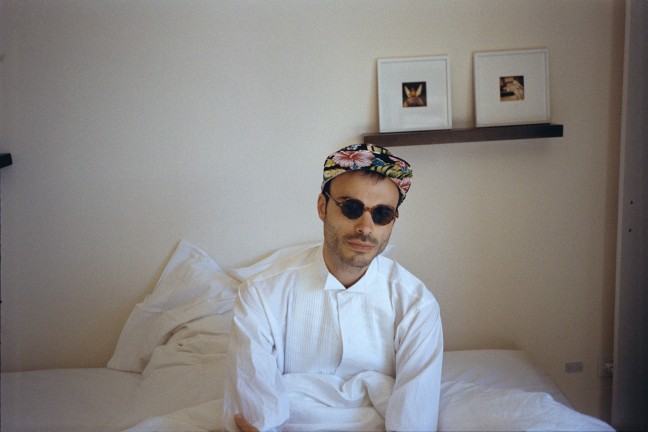
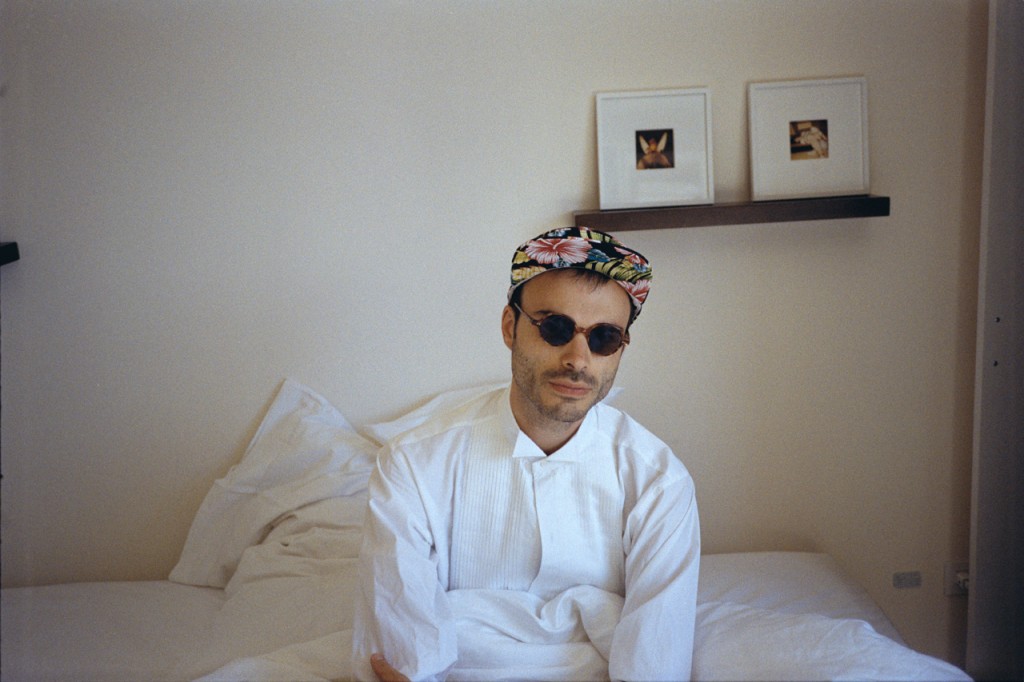
Parisian flair isn’t the only characteristic producer Joakim sports on a daily basis, as well, he’s actually a ridiculously talented spirit in the studio pouring all that love and skill into ‘Tropics of Love’ his fifth studio album out now on Because via Tigershushi.
For a better understanding of the production of it, it’s guests, as well as figure out how that beautiful Neil Young cover came to life, find out why French dance music is just so damn great as well as the con’s to todays EDM we shot through a couple of burning q’s.
SR: Firstly, thanks so much for taking time out to chat to us Joakim, you must be excited about the release of your new album ‘Tropics of Love’?
J: It’s always a mix of excitement, stress and exhaustion when you release a record. I would say that so far I’m still happy with the new album. Until I start hearing all the flows and want to make a new one. I’m also excited because it’s the first time I’m releasing an album through a bigger label (Because via Tigersushi) and we managed to get an amazing video from Ill Studio for Bring Your Love and so far I’m stoked with every remix I’ve received.
SR: What can we expect from the album? Features? Locations it was recorded/made in?
J: It’s been recorded mostly in New York in a bedroom on a minimal but functional set up. Then I mixed it at The Space on the Lower East Side, a cool studio with an API-like console and nice outboard and reverbs. And it features Luke Jenner (from the Rapture) and Akwetey (from Dragons of Zynth). So it’s mostly electronic with the exception of a saxophone (played by Etienne Jaumet from Zombie Zombie) and some Fender Rhodes, compared to Nothing Gold or Milky Ways that had a lot of drums, bass etc.
SR: We’re big tech fans here at Stoney Roads, can you list what gear was used in the making of the LP and why?
J: Well, I only took a few machines with me when I moved out of Paris. The rest of my studio was left in storage while I was looking for a proper space in NYC. So I had my beloved EMU SP1200, the ARP2600, a new modular I started to assemble in New York, 2 drum machines, some Casios, string synth, MS20, 90s stuff, pedals and a good preamp / DI / EQ.
SR: The album seems a far stretch from the current trend of BIG anthems and equally big drops. How do you think it will be received by the wider dance music fans?
J: Well I don’t see why I would try to get on the EDM train; I mean that music with BIG anthems and big DROPS is awful, right? This is like the worst thing that happened to music in a long time, although I believe there will be some positive consequences when some of the kids into EDM will realise there’s actually good electronic music being produced out there. I think this is already happening when I see all those successful warehouse techno parties in New York for instance. But I don’t care about the dance crowd when I make my solo album. When I do remixes or tracks for my new label Crowdspacer, I do care, but that doesn’t mean I’m gonna sell out and make big drops to please cheesy Las Vegas DJs haha.
SR: The French scene has always been an admirable one, home to Daft Punk, Sebastien Tellier, Phoenix, Ed Banger Records and more. What makes French dance and electronic music so great?
J: I think basically Daft Punk is the reason. They had such an important impact back in the 90s that every country had to start taking electronic music coming from France seriously. Of course, there’s great electronic music in a lot of countries. Maybe it also has to do with the fact that French were always ignored by the UK and the USA when they tried to make pop and rock (and I must admit French were not very good at that), so when electronic music arrived and got popular abroad, it was finally a way to be recognised. Also you have to remember that there’s a big disco tradition in France and as you know, Dance and Disco are basically the same thing.
SR: We can’t stop playing that Neil Young “On The Beach” cover you recently shared. Where did the inspiration come from that? Did you talk to Neil at all about it?
J: No, I wish I talked to Neil Young but I would be afraid he wouldn’t like it. I just wanted to try to do a cover and chose a song with vocals I really liked. Then I tried to push it as far from the original as possible with the modular synth bass line that sounds like a helicopter and the 808.
SR: What do you think the future of dance music holds through 2014? Will it be ‘live’ performances? Certain genres cropping up? Will the bubble ‘pop’?
J: I think Country EDM is gonna be big. In the USA at least. “Live” performances consisting of a DJ pushing a button and twisting a knob will be stronger than ever with even more fireworks and laser beams. Didn’t want to sound sarcastic, but you kinda made me go that way haha. Seriously, classic Techno is on the rise again. As well as Quiet Storm. Maybe I’ll start a genre called Techno Storm.
Get ‘Tropics of Love’ now on iTunes

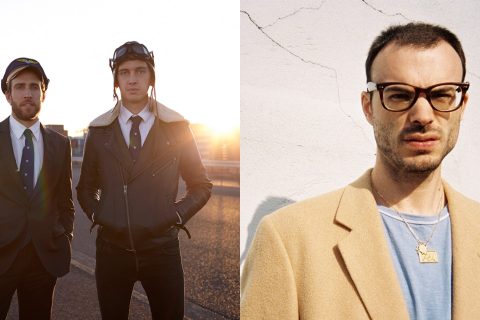
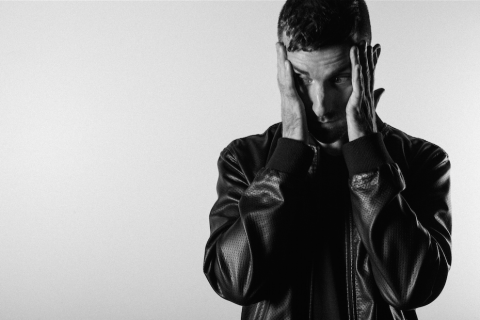

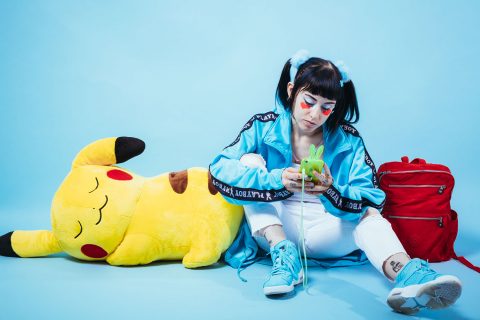
Comments